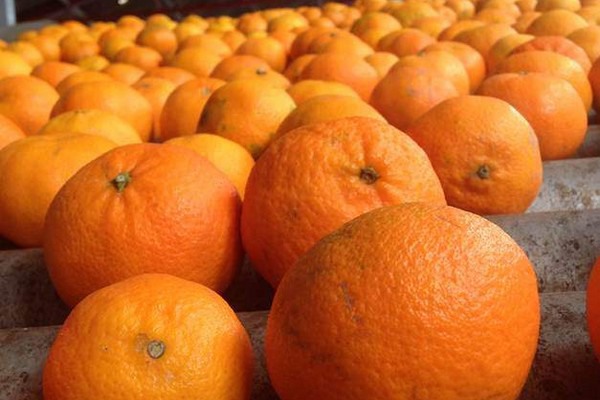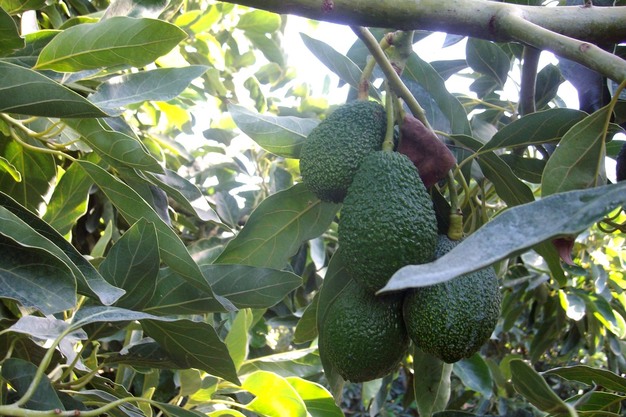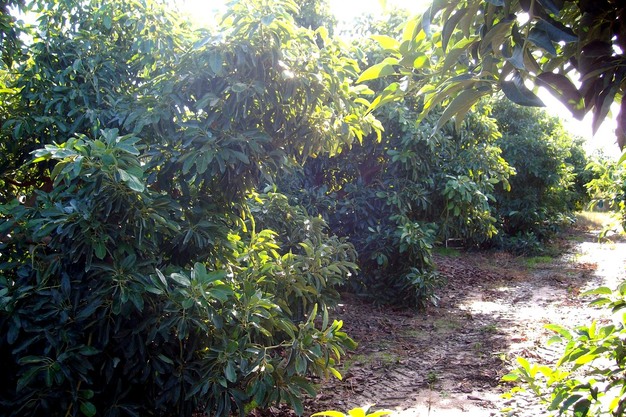While the Spanish region of Andalusia has recorded an overall decline in its citrus production, in the Campo de Gibraltar region, "the decrease hasn't been as bad as in provinces such as Seville or Cordoba" thanks to the water from the Guadiaro River, says Antonio Carreras, from the San Martín del Tesorillo cooperative, Tesoricoop.
"The campaign started very well, with good prices, but these have started to drop due to competition from Egypt. In fact, prices have been hitting rock bottom for a few weeks now, both in the fresh market and in the processing industry," he says.

"Oranges that were being sold at origin for 50 cents per kilo have seen their prices drop to 30 cents, because the fruit coming from Egypt, which is marketed already sorted and packaged for 45 cents per kilo, is forcing us to lower our prices."
"This is one of the reasons for the on-going protests: the problem posed by competition from third countries," says Antonio. "We will only be able to compete, to sell our fruit, and for our growers to make a profit, as long as we fight with the same weapons. It's unacceptable for some to be fighting a battle with missiles, while others only have slingshots. If a product is allowed to enter the market at that price, it clearly becomes very difficult to compete."
It is worth recalling that this pressure on the prices of Spanish citrus fruits has coincided with the recent blockades by French producers, which have taken a toll on Spanish exports. Besides, the volume of late orange and mandarin varieties, which should acquire greater commercial value, is increasing.

However, in Cadiz in general, and in the Campo de Gibraltar region in particular, citrus cultivation is losing ground to avocados; a crop that has been expanding quickly in the province and whose production will increase significantly in the coming years as the young plantations reach their productive maturity.
"Subtropical crops are the future in our area," says Antonio Carreras. "They grow well here and prices have stayed high. At Tesoricoop we have gone from producing more than 20 million kilos of citrus fruits to just between 6 and 7 million; everything else has been converted to avocado cultivation, and even with young trees, we are already producing about 2-3 million kilos." In this area traditionally devoted to citrus production, "everyone who owns a plot with irrigation is planting avocados," he says.

Irrigation has also been a key factor for other crops traditionally grown in Cadiz, such as sweet potatoes and carrots. "It should be taken into account that cheap sweet potatoes and carrots from Egypt are also arriving. After citrus, that will be the next problem we are going to face."
 For more information:
For more information:
Tesoricoop
Calle Tufas, s/n
11340, San Martín del Tesorillo, Cadiz, Spain
Tel.: +34 670 330 565
a.carreras@tesoricoop.com
www.tesoricoop.es
